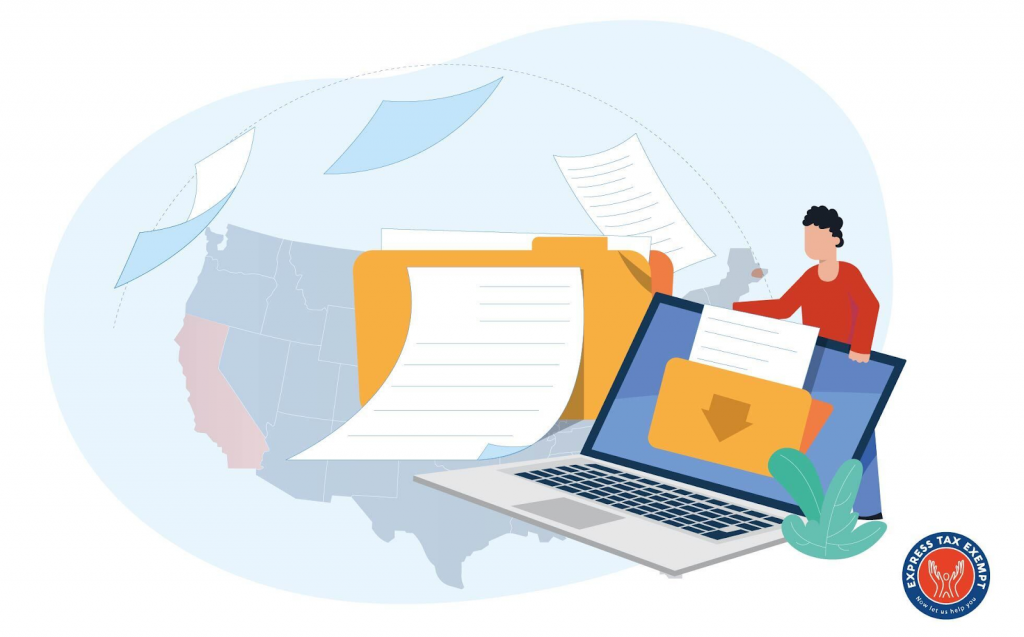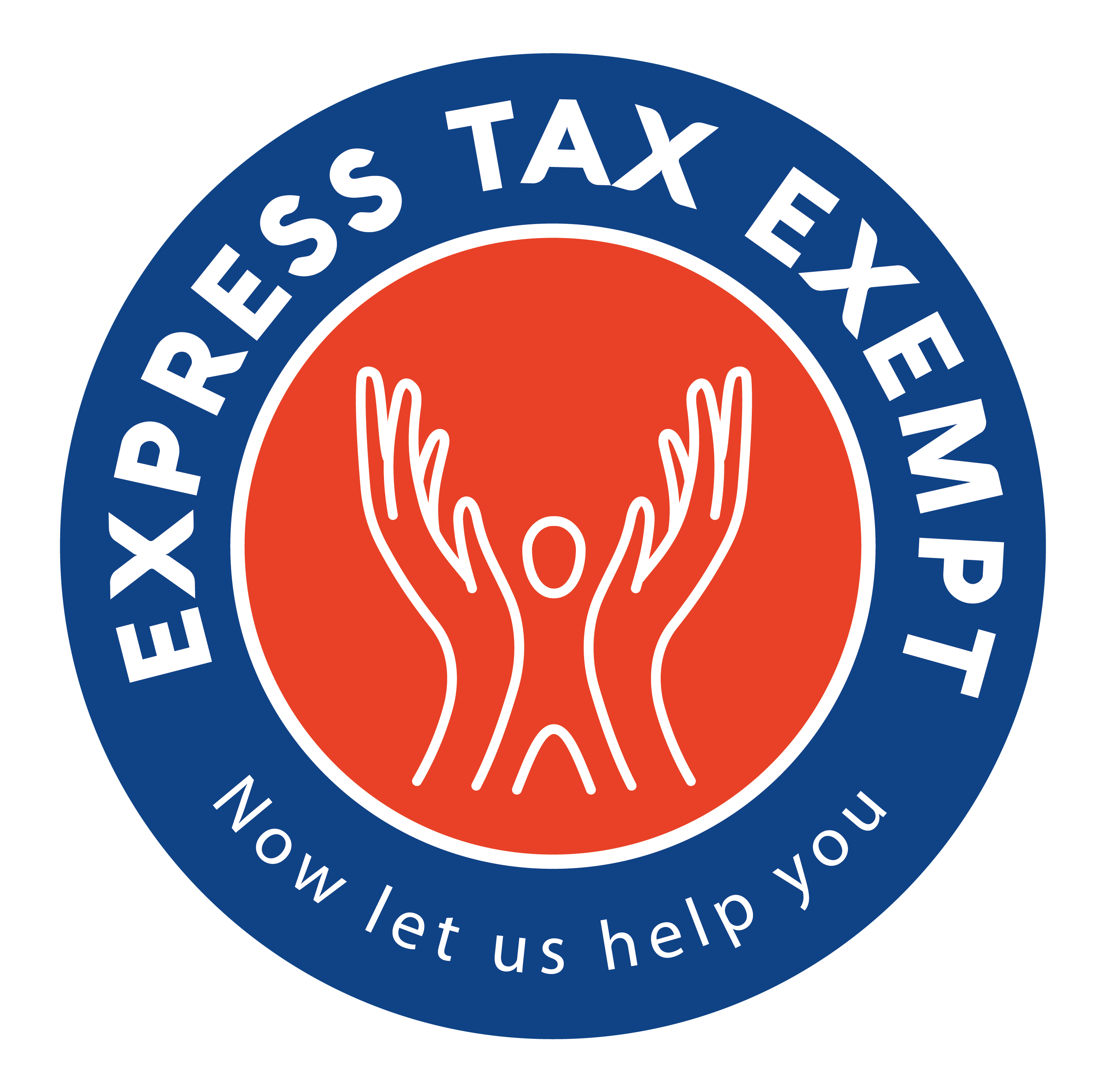What California Nonprofits Need To Know About State Filing

The Form 990 is a federal tax requirement for tax exempt organizations across the country. The IRS mandates that every tax exempt organization must file the Form 990 that applies to their organization.
Some states require additional tax forms to be filed at the state level. One of these states is California. Here are the filing requirements that tax exempt organizations located in California must comply with.
What Additional Forms are Required by the State of California?
The state of California has many additional filing requirements for non profit organizations. These must be filed in a timely manner to maintain tax exempt status with the Secretary of State’s Office.
Annual Registration Renewal Fee Report
This form is also referred to as a RRF-1 Form. All registered 501(c)3 nonprofits must file this form annually. This form was designed by the Attorney General’s Office to monitor any unlawful fiscal activities.
It ensures that these organizations are maintaining their fiduciary responsibilities and correctly handling their donors monetary gifts.
This form must be submitted within four months and 15 days after the close of the organization’s tax year. For nonprofit organizations that operate on a calendar year this is usually May 15, 2020.
A fee must be paid along with the filing of the RRF-1 Form, this ranges between $0 and $300 based on the revenue that the organization brought in during this tax year.
Organizations with an income higher than $25,000 must attach a copy of their IRS Form 990.
Beginning in 2020, organizations with gross receipts less than $50,000 must file the CT-TR-1 Form, also called the Annual Treasurer’s Report with the Attorney General’s Office as well.
Exempt Organization Annual Information Return (FTB Form 199)
Also referred to as the FTB Form 199 is another annual form that is required to be filed with the State of California. This is the most important state form for nonprofit organizations to focus on.
The deadline for filing this form is four months and 15 days from the close of the organization’s tax year. For calendar year filers this is usually May 15, 2020. All Private Foundations are required to file this form.
There is a $10 fee for filing this form on time and a $25 fee for filing this form late.
Small organizations with less than $50,000 in gross receipts must file Form FTB 199N, this is also called the Annual Electronic Filing Requirement for Small Organizations. This is essentially California’s version of the Form 990 (e-postcard).
Statement of Information (Form S1-100)
This is not an annual form, this form must be filed every other year with the Secretary of State’s office. This form must be filed within 90 days of filing your organization’s initial Articles of Incorporation.
Then it must be submitted every other year during the month that the Articles of Incorporation were filed.
Can You File An Extension For These State Forms?
The answer is YES for some of these forms. Organizations can request an extension for the FTB-199 and FTB-199N as long as they are in good standing with the State of California.
This extension provides your organization with an additional 7 months to file their state informational return. This is an automatic extension.
What Are The Penalties Related With These State Forms?
There is a $25 per month fee for late filing with the State of California. This may not seem bad, but the bigger threat that nonprofits face is the Notice of Intent to Suspend or Revoke Registration.
This means that the nonprofit could lose or have their tax exempt status suspended, this is not a good look. Explaining this situation to donors is a headache that no nonprofit organization wants to face.
What Are The Mailing Addresses For These Forms?

Keep in mind that the Form 199-N is filed electronically.
For all other forms follow these instructions…
State forms must be included in one envelope with the corresponding payment. Any letter that was received by the state regarding your registration should be included. Be sure to include your registration number and mail to the Registry of Charitable Trust at the addresses below.
Registry of Charitable Trusts
PO Box 903447
Sacramento CA, 94203-4470
There you have it, the California filing requirements for nonprofit organizations. Once you have your Form 990 completed, filing your state forms will be a much smoother process.
If you have any questions about filing your Form 990 and California filing requirements, feel free to reach out to our support team.
ExpressTaxExempt is proud of the work that you do serving your communities, now let us help you file your IRS Forms easily and accurately!


